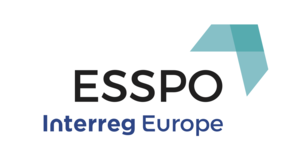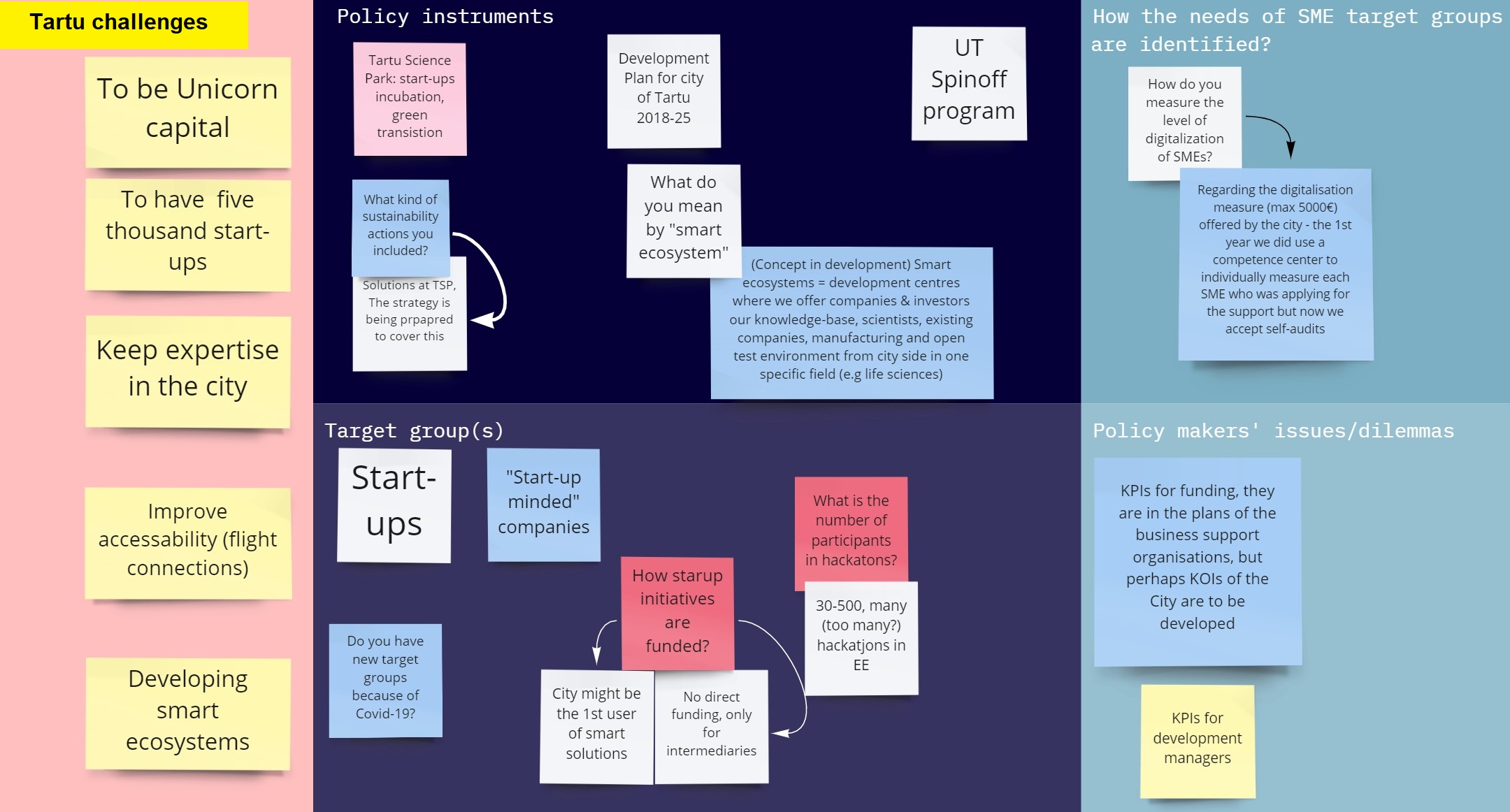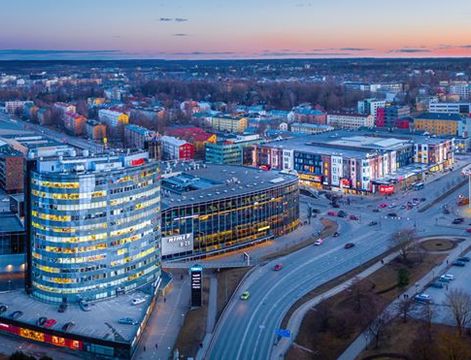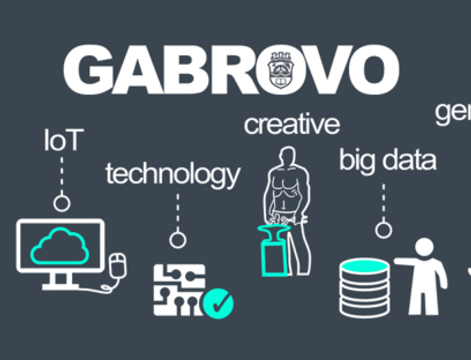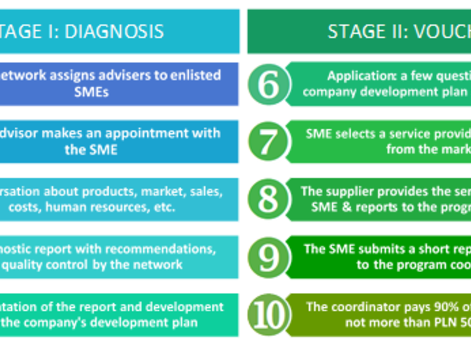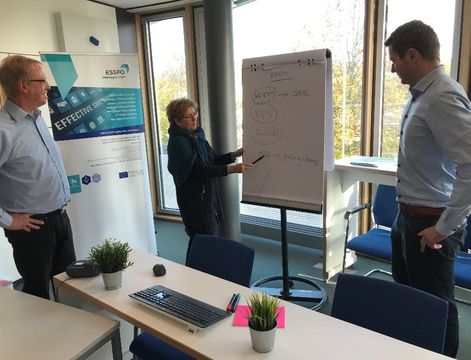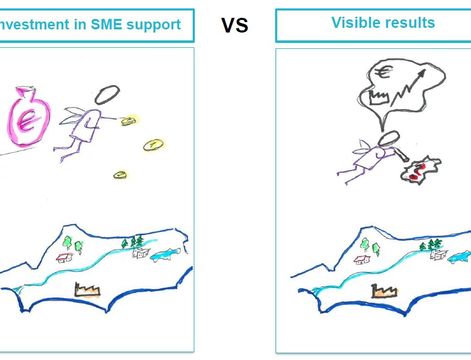In end of April 3 representatives of Wielkopolska from by Poznan Science and Technology Park and the regional authority – Marshall Office of Wielkopolska met in Orleans representatives of the innovation ecosystem: regional innovation agency DEV’UP, Regional Council, regional representative of the national government, 7 companies and 3 business support organisations: regional chamber of commerce, competitive cluster and incubator in Chartres. They made a peer review in order to assess the SME innovation support system, provide recommendations and identify good practices.
The RCVL system is mature with a long path of evolution and considerable experience. It consists of a mix of financial instruments intended for different purposes (start-up, RTD, development, internationalisation, etc.) and for SMEs at different development stages and a system of innovation intermediaries providing advice and consulting as well as access to infrastructure. The system is quite complex there many funding opportunities from three main sources: regional budget, European structural funds and French national programmes financed by ministries, national agencies or public investment bank: BpiFrance. There is also a highly developed institutional innovation support system, comprising ca. 80 organisations: a regional development agency (DEV’UP), chambers of commerce, industrial associations, incubators and acceleration programmes, business angels, clusters, technology centres,fablabs and prototyping centres. The strong point of the system is a long tradition of collaboration and the efforts to make the system transparent to companies through Réseau Innovation Centre-Val de Loire (RICVL) coordinated by DEV’UP. The network involves over 100 people, who contact companies, and uses sophisticated collaboration IT tool. In collaboration with the funding authorities they have also developed an on-line funding guidance system on the regional enterprise portal. A company could by a few clicks find information on the suitable support it can receive and contact details for relevant intermediary coordinating contacts in a specific field.
However from the point of view of the companies the system is complicated. They are unable to know all the possible instruments they can benefit from. They appreciate the guidance of intermediaries who help to choose the right tool for their specific situation, but without some basic understanding of the help they can get they may not ask any question as did not know they could get support. The companies also complain for high administrative burden related to the financial support.
The reviewers appreciated high level of compliance between smart specialisation strategy RIS3 and the overall regional development strategy, as well as alignment between the operational programme (OP) for the ERDF with the instruments financed by the region. There is also a visible shift from focus from hard infrastructure investment and research and technology based innovation to broad understanding of innovation. However there is still much to be done to make the support system oriented towards such broad concept of innovation, good mix of hard and soft support as well as adaptation of the support to the company’s needs, to make the support flexible and better adapted to the time pressure the companies have from the market.
The reviewers see as a good practice worth propagating in Europe the collaborative spirit of regional innovation network and the tools developed for the network. The network involves over 100 people, who contact companies, and uses sophisticated collaboration IT tool. The tools available through extranet contains a database with basic on information 30 thousand companies, network CRM with information when a company was visited, what is the plan, diagnosis and recommendation from the network to the company. A specific diagnostic tool is used to assess individual SME needs and provide recommendations. The CRM is to follow the use of the recommendation and so called “conversion rate” of the real use of the recommendations. The intranet also provides the information about the tools and the network potential. The network has been recently extended to wider economic development network (RDECVL) comprising 200 members in contacts with the companies.
Among recommendations for improvement the reviewers advise the regional stakeholders to further develop the precision of the intervention with the knowledge of the economy structure (types of companies as for size, innovation profile, sectors). Especially the instruments could be more specific in the definition of the target groups and expected result of the intervention. The existing network CRM could be wider exploited as a tool for monitoring of the whole support system results (company development paths) including financial support. The support instruments could be more flexible, wider and simplified for the beneficiaries and bureaucratic requirements could be eased.
